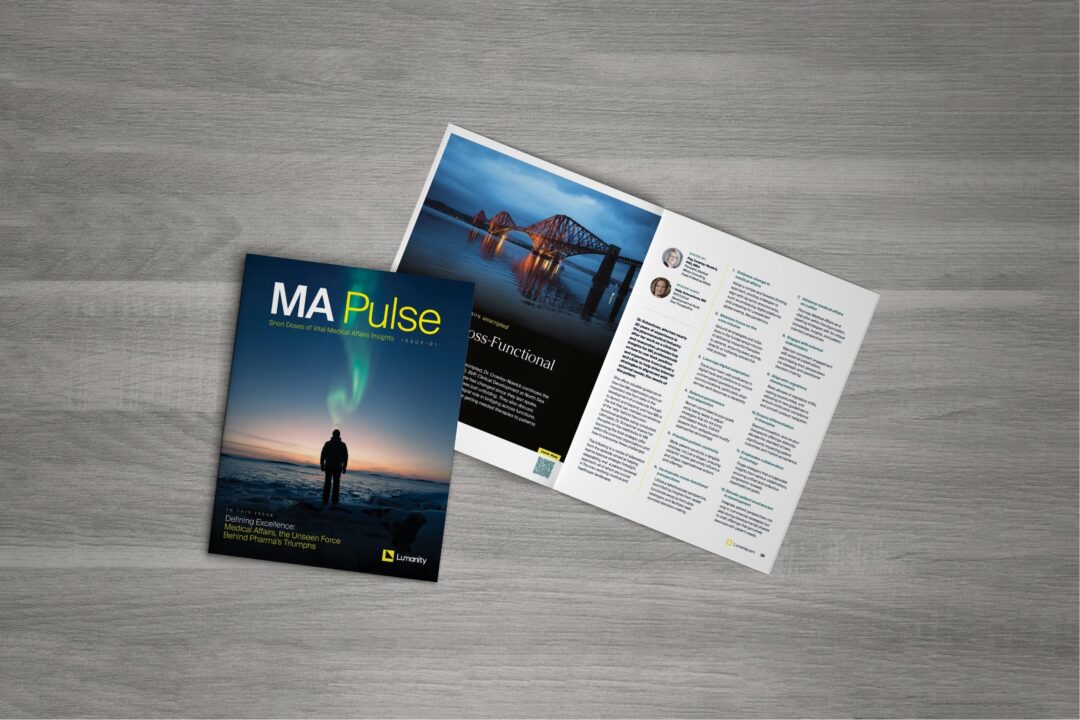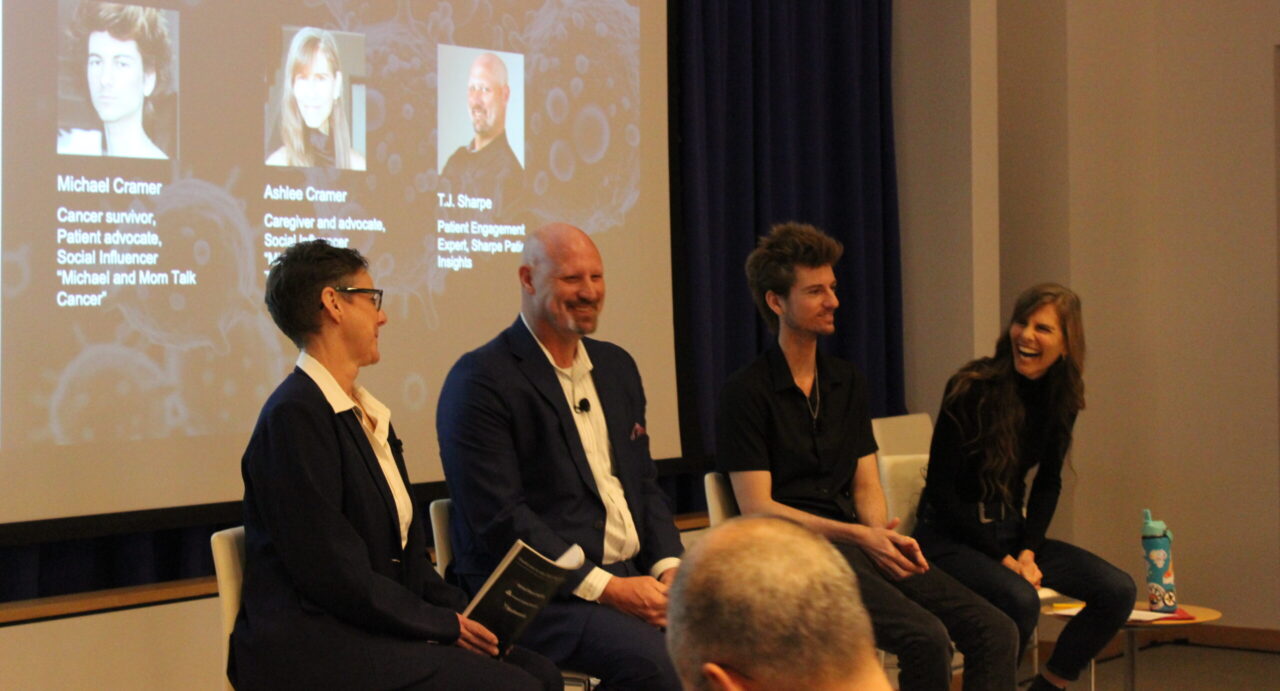The 20th Annual Meeting of the International Society of Medical Publication Professionals (ISMPP) took place April 28 – May 1, 2024 in Washington DC, and focused on evolving trends in medical communications.
Experts from around the globe gathered to exchange insights, strategies, and innovations with the potential to shape the future of medical publications and communications. Discussions spanned diverse topics, with scientific storytelling, patient engagement, and artificial intelligence (AI) standing out as areas of significant interest.
Scientific storytelling
Increasing engagement and memorability
- Scientific storytelling is evolving to engage diverse audiences more effectively and make content more memorable
- Literature and cinema teach us that “starting in the middle” of a story can enhance audience engagement by spurring their curiosity and activating their imagination
- By following a storytelling arc, narratives such as scientific platforms can better highlight gaps in the landscape and emphasize why they matter
Matching learning styles
- Adapting narratives to diverse learning styles (e.g., visual, auditory) without being constrained by traditional formats is critical
- Understanding the audience’s data and health literacy is essential to balance complexity and accessibility
Effective data visualization
- Effective data visualizations (e.g., optimized figure/chart types in publication enhancements) can serve as a powerful storytelling tool, enabling the audience to quickly grasp key messages and insights.
- Choosing the right design elements (e.g., color, typography, layout) and eliminating unnecessary information (e.g., tick marks, excessive labels/numbers) can help elevate the signal from the noise and maximize impact
Key takeaway:
Scientific storytelling is evolving beyond traditional boundaries, embracing innovative techniques to engage diverse audiences and enhance memorability.
“Curiosity is a very important means in storytelling to promote memory retention.”
Patient engagement
A clear need and value
- There is a strong ethical, moral, and business case for patient involvement across the drug development lifecycle, from study design through data dissemination
- Co-creation with patients can improve health outcomes, data literacy, and emotional accessibility
Partnering with patients
- Presenters shared practical tips on how publications can be tailored to become more patient-centric (eg, lexicon and readability) and how industry can overcome common barriers to partnering with patients.
- Strategies for effective patient engagement include collaboration with advocacy groups, careful consideration of appropriate patient authors, and proper education about the publication process (eg, understanding of the time commitment involved)
Key takeaway:
Patient engagement is pivotal in shaping research and medical communications, with a focus on inclusivity, collaboration, and improved outcomes.
“For improved outcomes, we should be incorporating the patient voice early and often.”
Artificial Intelligence (AI)
Getting practical
- AI’s role in medical communications is shifting from theoretical to practical, with a focus on enhancing efficiency and decision-making
- Debunking misconceptions about AI, such as complexity and job displacement fears, is crucial for broader acceptance
Solutions and approaches
- AI can alleviate information overload, offering tools for better data management and insights
- Generating patient-centric content through AI, including plain language summaries, is a growing application
- AI’s capabilities extend beyond text to include image and audio generation, offering diverse tools for audience engagement
Establishing best practices
- Concerns about data privacy and the need for enterprising AI solutions highlight the importance of secure, responsible AI use
- Human oversight remains essential to ensure the accuracy and reliability of AI-generated content (eg, avoiding “hallucinations”)
- Ensuring consistency and best practices in AI use is a collective industry responsibility
Key takeaway:
AI is transforming medical communications through efficiency and strategic innovation, with a current focus on making medical content more accessible.
“AI clearly has the potential to dramatically change the landscape of medical affairs and publications”
Conclusion
The Meeting highlighted the critical roles of evolving scientific storytelling, deeper patient engagement, and the practical application of AI in advancing medical communications.
Discussions at the conference underscored the industry’s commitment to using innovative strategies for more effective, inclusive, and engaging communication.
Our insights gleaned from the meeting point towards a future where medical communications are increasingly tailored, patient-centric, and enhanced by technological advancements.
We’d love to hear from you to discuss how we can elevate your scientific communications strategies and address the challenges you are facing. Contact us now.












